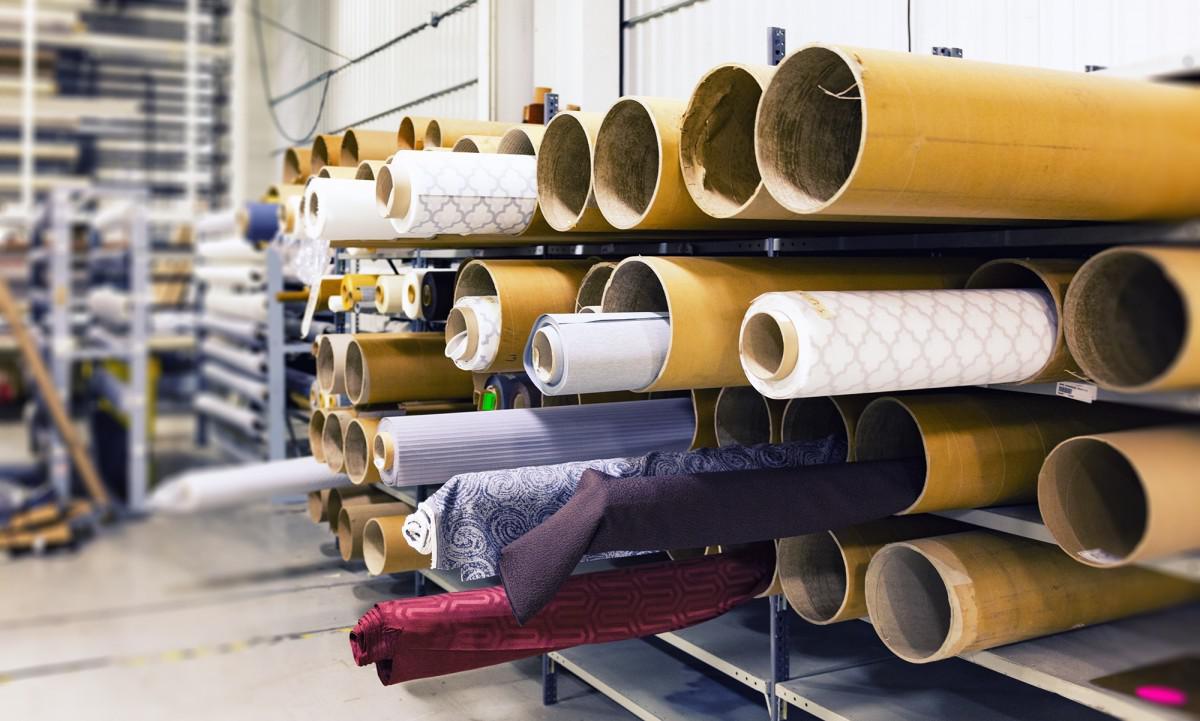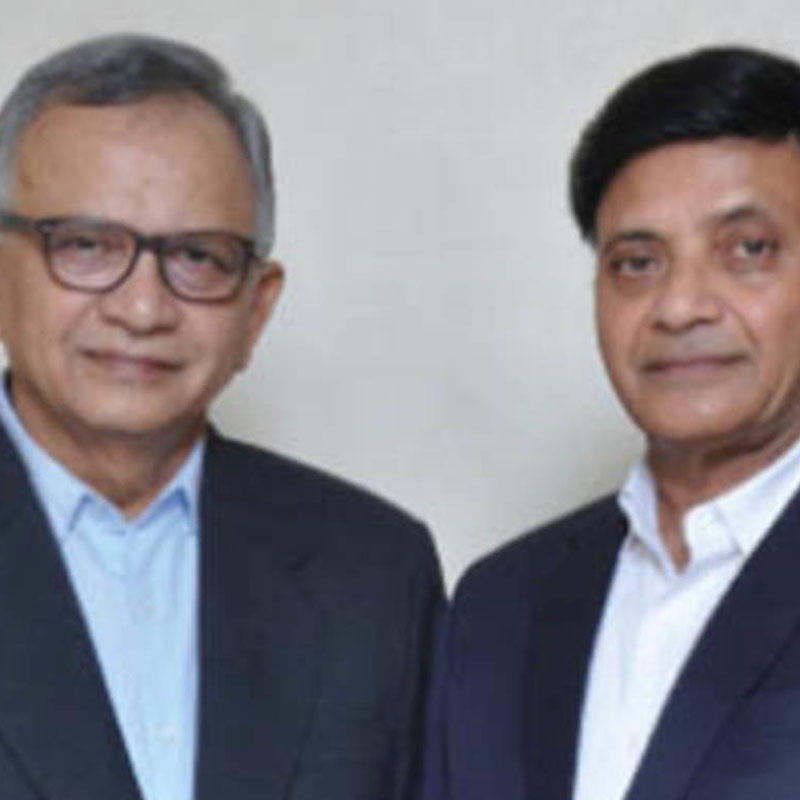At Shahlon, we continuously invest in technology and equipment across all our areas of operations to adopt globally accepted manufacturing technology, delivering speed, versatility and most importantly, quality. Product quality is of primary importance for us and we ensure exceptional quality control across our entire manufacturing process through extensive testing methods, to adhere to all quality specifications,” explains Dhirubhai Shah, chairman of the Surat based Shahlon Silk Industries Ltd (SSIL), as it supplies synthetic fabric to international brands like H&M, Zara, to name a few. SSIL was established in 1984 as a small textile unit with just 12 conventional power looms. Over the last 30 years, the company has grown into a fully integrated textile enterprise, and has expanded into yarn marketing agency, texturizing, twisting, sizing, yarn dyeing, weaving, finished fabrics and industrial infrastructure. The company is a fully integrated textile enterprise primarily engaged in the manufacturing of all types of fabrics and yarns with a workforce of more than 2,200 employees. It has four manufacturing units in Gujarat located at Kim, Karanj, Kosamba and Sachin. Founded by brothers Dhirubhai Shah, Arvind Shah and Nitin Shah with over 30 years of experience in textiles business, the second generation joined the family business in 1990, 1995 and 2015 respectively. The company went public in 1994 and raised Rs3 crore. In the initial phase of business, during 1984-2000, it operated with just 12 conventional power looms and 282 water-jet looms. The company acted as a marketing agent of Reliance Industries and its association with Reliance Industries for synthetic yarn during the period was one of its key milestones. During 2001-10, it expanded production capacity, with installations of 100 water-jet looms, and incorporated wind energy for the production processes. Post-2011, it saw real growth with the commencement of yarn dyeing and had further expanded its capacities. SSIL has been proactively capitalising on Indian textile sector growth opportunities and had increased its yarn and fabric manufacturing capacities over the last three decades. The total installed capacity for fabric manufacturing is 40 million tonnes per annum while it is 22,200 tonnes per annum for manufacturing yarns. “In the yarns segment, the company produces polyester yarn from 30 to 300 denier with a presence in textured yarns, carpet yarns, dyed yarns and sized yarns. In the fabrics segment, with a presence in solid dyed, Jacquard and yarn-dyed, printed, sustainable and greige, the company manufactures fabrics for fashion and furnishings products like sarees and garments,” adds Shah. “Shahlon’s products cater to the weaving and garments industry. The company welcomes all its customers with a completely new level of yarn and fabric sourcing. With an inventory system that comprises a wide range of yarns and fabrics to choose from, the company offers a one-stop solution for all fancy yarn and fabric needs,” says Shah. Shahlon is a manufacturer of synthetic women’s wear fabric. Its customers are garment manufacturers in Delhi, Mumbai, Bengaluru and Kolkata who are the manufactures of top international brands like H&M, Zara, etc. “The toughest challenge has been operating the business in the large unorganised textiles market in India as this impacts the pricing power of organised players. However, the company has progressed into one of the few organised players through growing its manufacturing base and maintaining a constant focus on innovation, manufacturing value-added products and building an infra, network and supply chain” says Arvind Shah, director.
-

The company offers a one-stop solution for all fancy yarn and fabric needs. File picture. Source: Pxhere.com


































